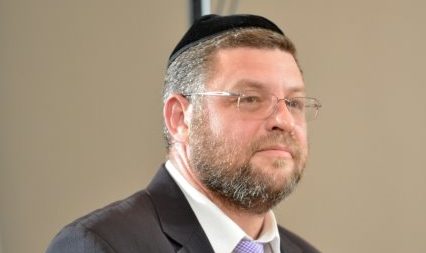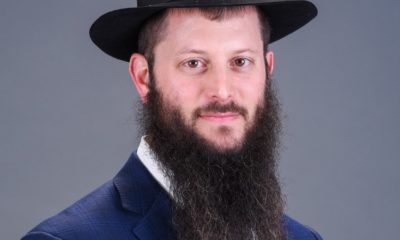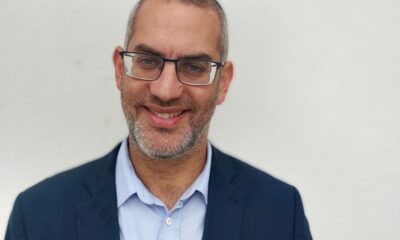
Religion

Prostrating before the King of King of Kings
There is a three-word phrase in our formal prayers that conveys the essence of Judaism.
Being such a powerful phrase, it features appropriately in every formal prayer service, as well as in the highpoint of the prayers of the high holidays.
The phrase forms part of the Aleinu prayer, composed by Joshua ben Nun upon entering the holy land. In the Aleinu prayer, we declare our indebtedness to G-d for having given us a unique relationship with Him, “and we bow, prostrate, and express our appreciation before Melech Malchei haMelachim, the Holy One, blessed be He”.
The phrase “Melech Malchai haMelachim”, which means “The King of King of Kings” contains the key to understanding what being Jewish is all about.
Who are these three sets of kings?
The first king is obvious. It’s G-d. G-d is the king of the universe – Melech haOlam as we refer to Him in all our formal blessings. The world is G-d’s. He has the power. He calls the shots. He is its king.
The second reference to kings must refer to a group of people who also have power, who also call the shots. But if G-d is king, how can that be? The answer must be that G-d is a very special king – a king that chooses to share his kingship and confer his royal power on others, empowering them to be rulers in their own right. G-d does call the shots. It’s just that one of the shots He calls is to call on people to call the shots too.
And the third reference to kings? Who else could possibly be king other than G-d and His human co-royal partners? The third set of kings must refer to people who are unable to see themselves as being crowned by G-d, but they are willing to be crowned by people. And so it becomes the responsibility of G-d’s royal partners to take a feather from G-d’s crown and use their own crowns to empower those people and coronate them as kings as well.
This is what it means to be Jewish. The Jew recognises that G-d is king of the world. In addition, he or she recognises that G-d conferred His royal powers on a people to be royal too – “a kingdom of priests”. And ultimately, it’s the responsibility of His Jewish royal priests to confer their royal powers onto others, to empower and elevate them to their own personal kingdoms, to play their own part in taking care of the world.
Melech Malchei haMelachim – the King of Kings of Kings. Quite possibly the most profound three Jewish words of all. And yet, there doesn’t seem to be a single official translation that translates them accurately. The message seems to have been lost in translation.
Our task over the high holidays in particular, and at every formal prayer service in general, is to correctly translate these three words, not only into English, but into our lives as well, and thereby accomplish our majestic mission as Jews.










